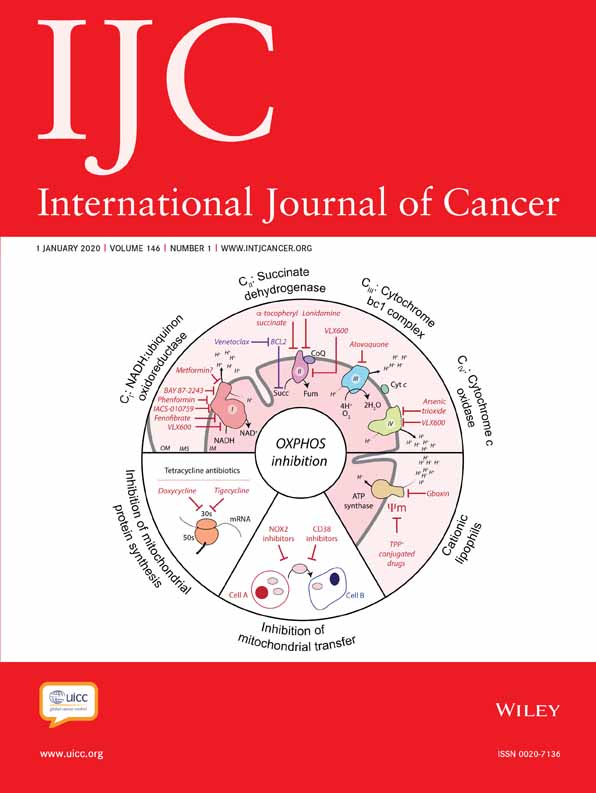Fractionated stereotactic body radiotherapy for up to five prostate cancer oligometastases: Interim outcomes of a prospective clinical trial
Abstract
Stereotactic body radiotherapy (SBRT) can delay escalation to systemic treatment in men with oligometastatic prostate cancer (PCa). However, large, prospective studies are still required to evaluate the efficacy of this approach in different patient groups. This is the interim analysis of a prospective, single institution study of men relapsing with up to five synchronous lesions following definitive local treatment for primary PCa. Our aim was to determine the proportion of patients not requiring treatment escalation following SBRT. In total, 199 patients were enrolled to receive fractionated SBRT (50 Gray in 10 fractions) to each visible lesion. Fourteen patients were castration resistant at enrolment. The proportion of patients not requiring treatment escalation 2 years following SBRT was 51.7% (95% CI: 44.1–59.3%). The median length of treatment escalation-free survival over the entire follow-up period was 27.1 months (95% CI; 21.8–29.4 months). Prior androgen deprivation therapy (ADT) predicted a significantly lower rate of freedom from treatment escalation at 2 years compared to no prior ADT (odds ratio = 0.21, 95% CI: 0.08–0.54, p = 0.001). There was no difference in the efficacy of SBRT when treating 4–5 vs. 1–3 initial lesions. A prostate-specific antigen (PSA) decline was induced in 75% of patients, with PSA readings falling to an undetectable level in six patients. No late grade three toxicities were observed. These interim results suggest that SBRT can be used to treat up to five synchronous PCa oligometastases to delay treatment escalation.
Abstract
What's new?
Metastasis-directed therapy (MDT), involving surgery or stereotactic ablative radiotherapy, is a promising alternative treatment strategy for prostate cancer patients with metastatic disease. It remains unclear, however, which subsets of patients most benefit from MDT. Here, interim analysis of a large prospective trial involving fractionated stereotactic body radiotherapy (SBRT) for prostate cancer patients with up to five synchronous oligometastases shows that 2 years following SBRT, about half of patients did not require treatment escalation. In addition, nearly one-quarter of patients had prostate-specific antigen levels below baseline. The findings highlight the promise of SBRT for long-term suppression of oligometastatic prostate cancer.
Open Research
The dataset analysed in our study is not publicly available due to participant confidentiality restrictions. Information will be made available by the corresponding author upon reasonable request.




